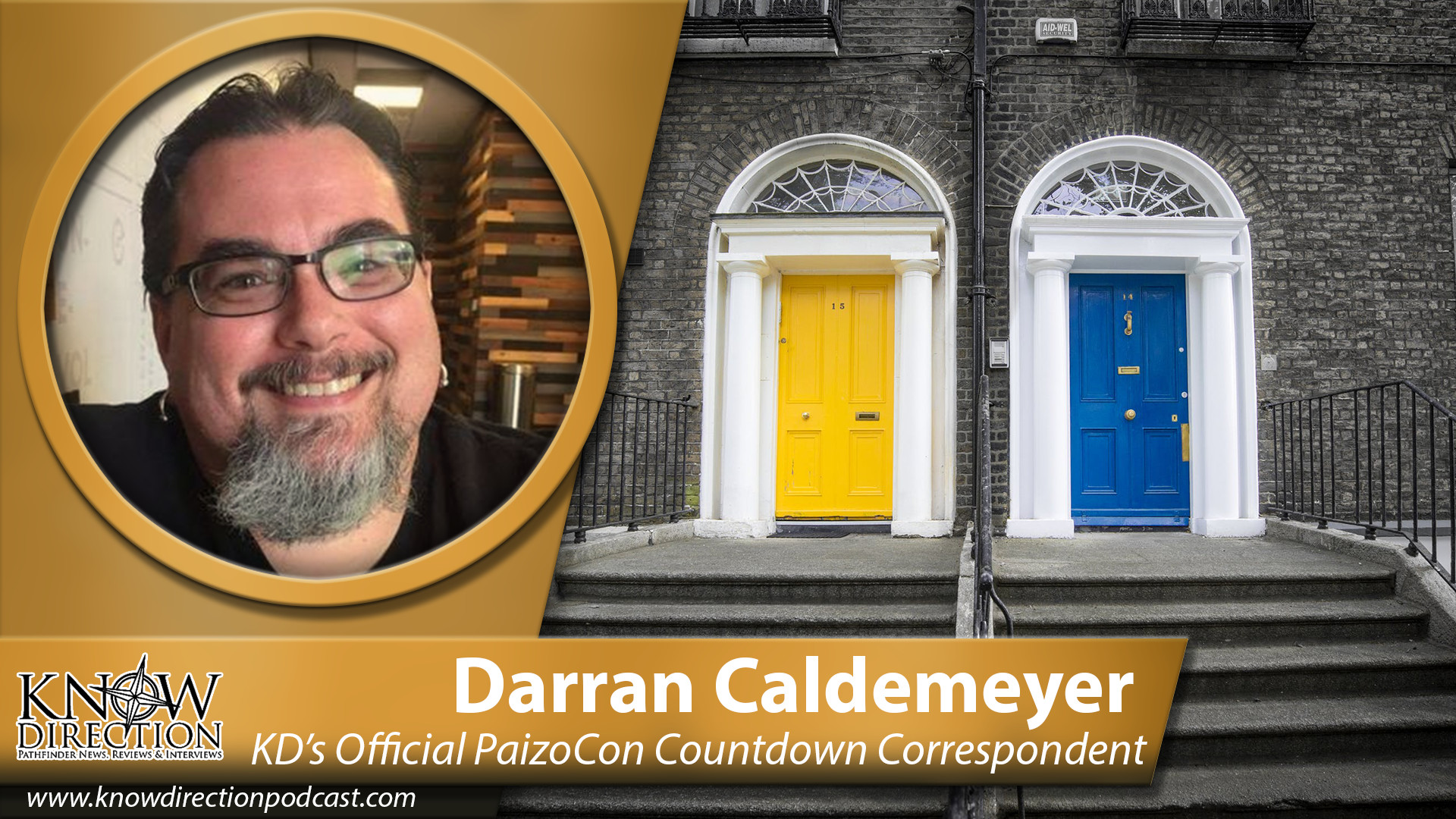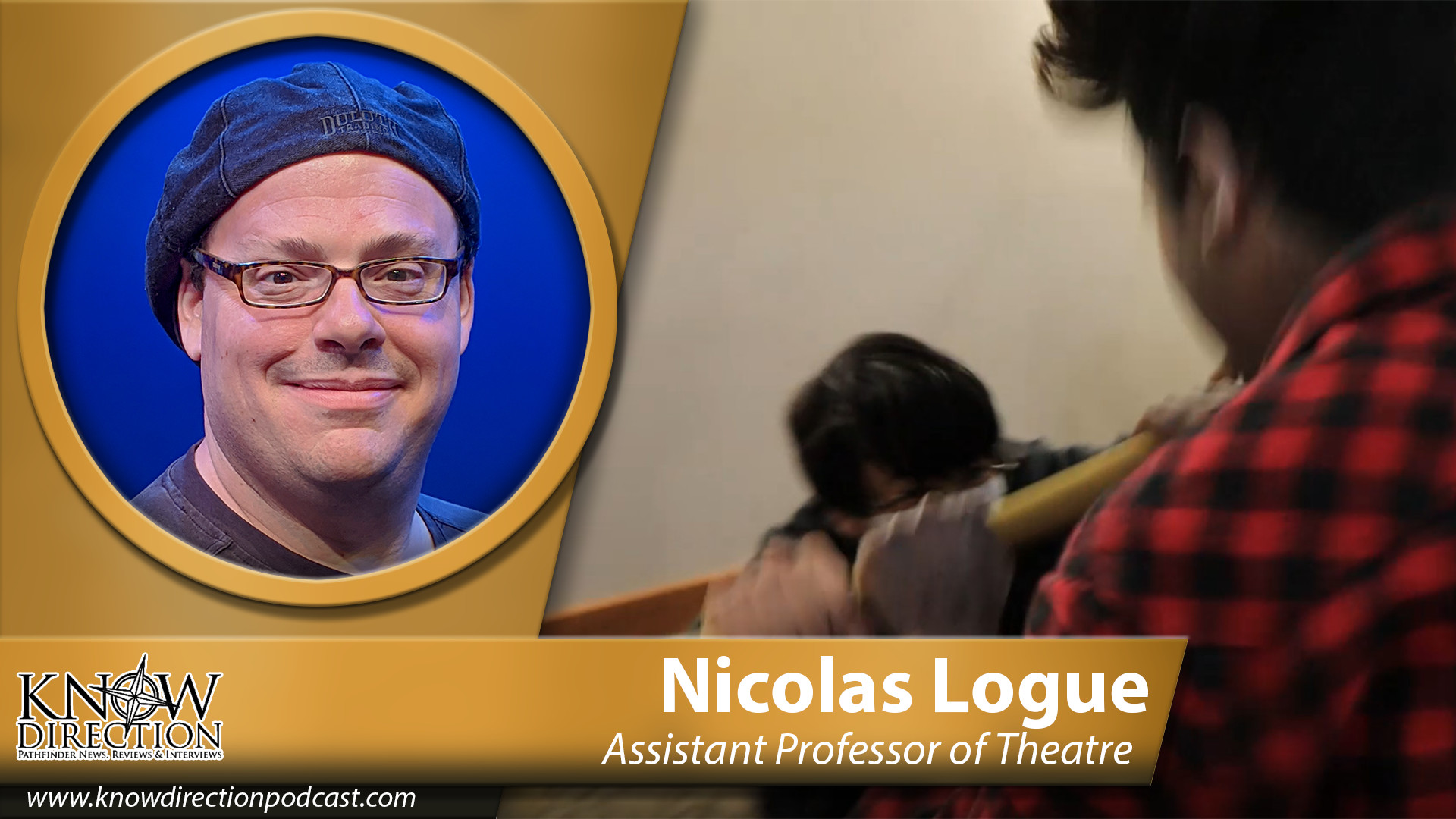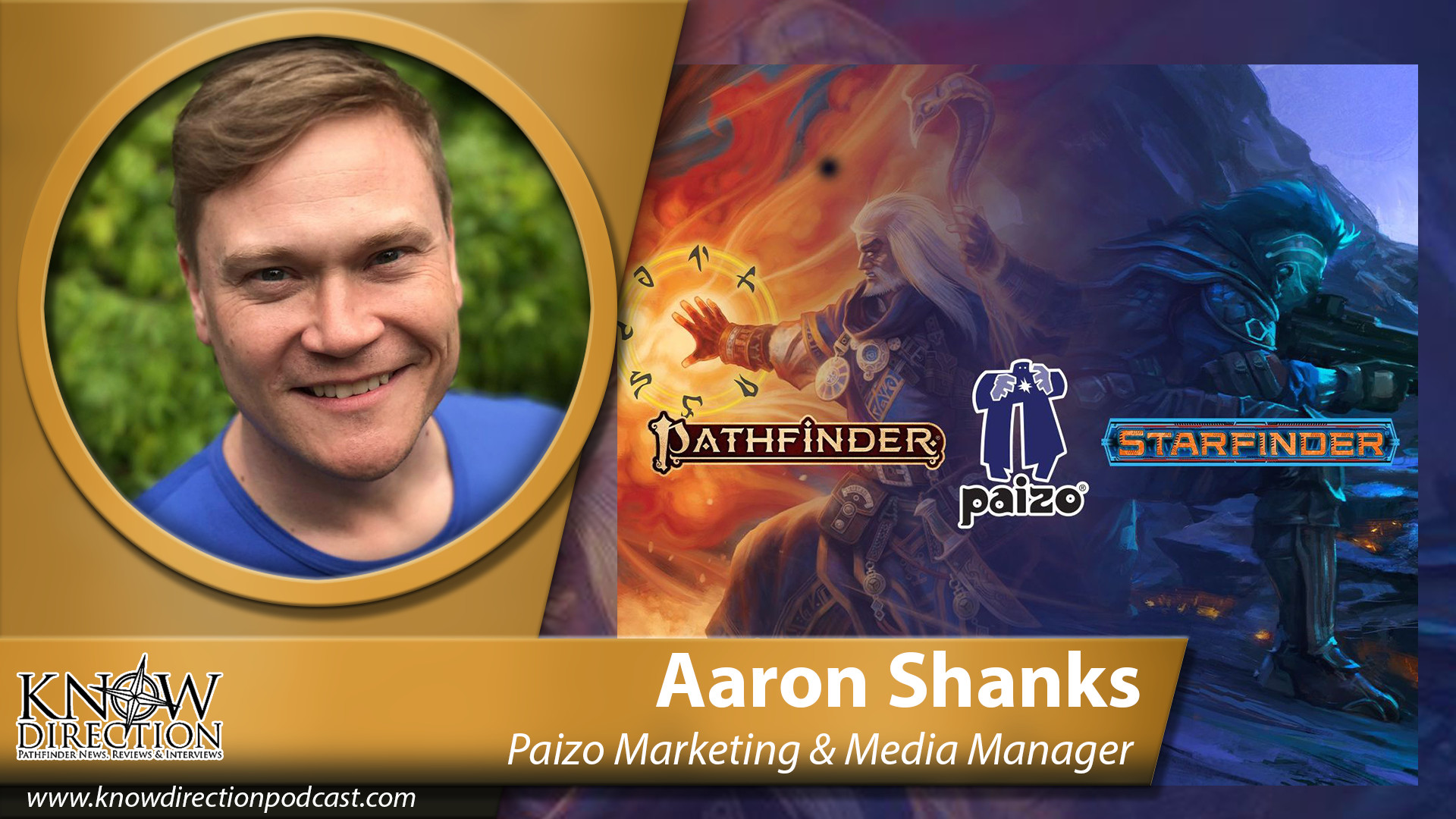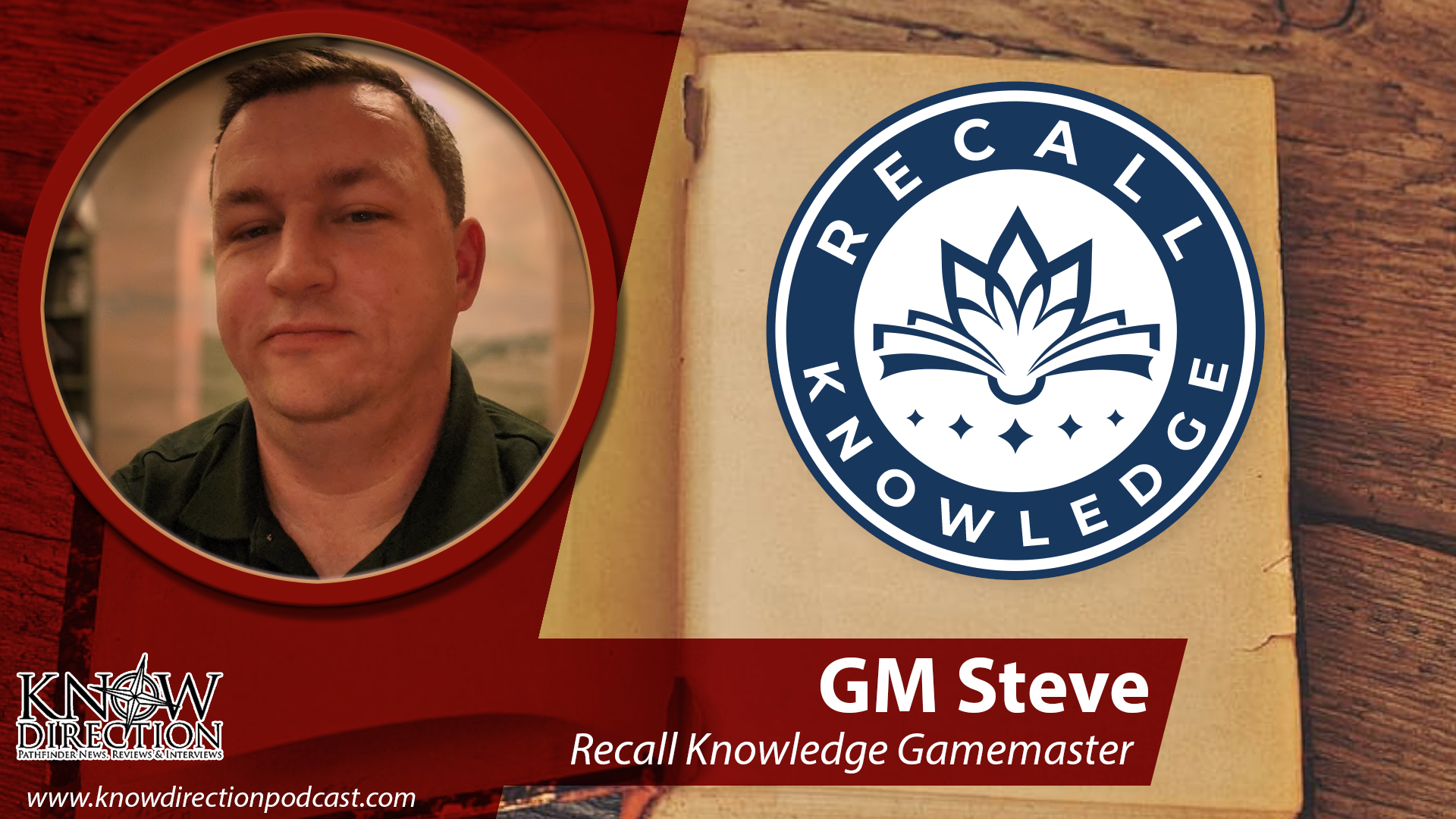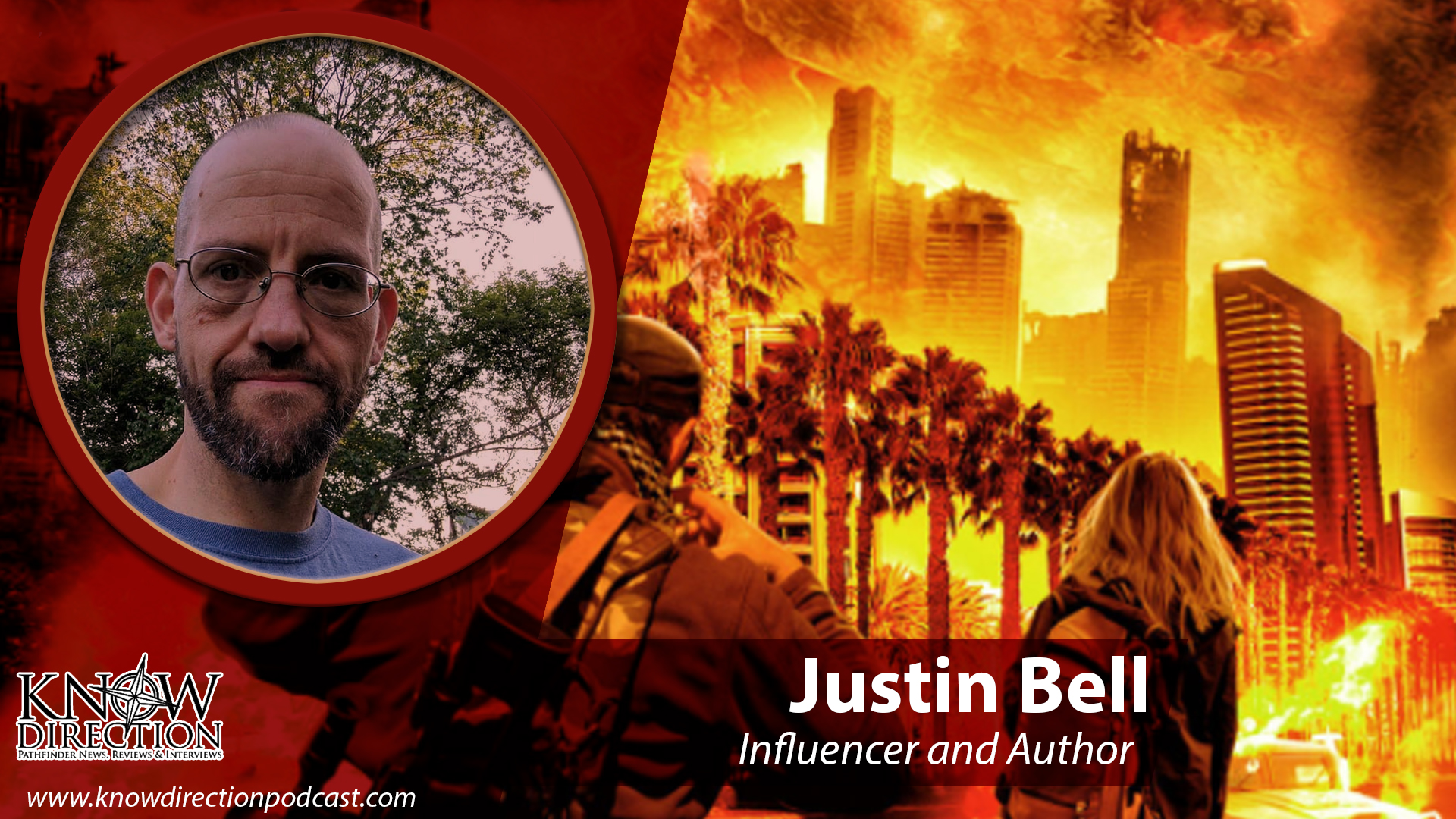Hello! My name is Darran Caldemeyer and some of you may know me as the person behind the PaizoCon Countdown as well as an integrated member of the Know Direction Community. I have been enjoying and playing in TTRPG’s for over 25 years and developed a love for them from my father. I believe that we all need to continue to grow and learn, both as players and Game Masters, as we continue our journey into the beautiful realm of storytelling.
Story Over Mechanics, Everytime!
We all cherish those epic moments at the gaming table when someone gets to shine and have their moment in the spotlight. These moments are uplifting and stick with us whenever we talk about these games we played with our friends and family. In my experience these moments can be dulled down and muted when adherence to rules is encouraged or enforced for the sake of the system and not the story. Please allow me to shed some light and provide you with some considerations on allowing the story of the group to override the mechanics of the game.
What Makes Game Enjoyable
Each player comes to the table with different ideas of what makes an enjoyable gaming experience. Most Game Masters aim for the “Rule of Cool” but this mindset may not be for every player. For those unaware, the “Rule of Cool” refers to doing what is either appealing or awesome in the moment when it rewards the players for being creative, for engaging intently in the narrative, or benefits the party dynamic. This can often mean setting aside the rules mechanics for the sake of the narrative which elevates the gaming experience all around. We all have different ideas of what makes an enjoyable gaming experience but we all love to do amazing and epic things in our games. Striving for an enjoyable game is the driving force behind setting aside game mechanics to tell a beautiful, impactful communal story.
Character Considerations
Having a Game Master who focuses on the narrative and allowing it to take precedence over game mechanics may not be for every player. This sometimes means that players who focus on specific mechanical choices may not care for an experience that places those carefully made choices to the side for the sake of a moment. There is nothing wrong with this level of enjoyment, but it may not be for every player. Some place value and positive reinforcement over these precise decisions. Pathfinder Second Edition is a shining example of a game in which players have a multitude of choices to make and those choices can impact the development of their characters on a broader mechanical level. On the other hand, for players who love to make character driven choices that lend themselves more to the narrative than to beneficial game mechanics, this experience can oftentimes be more gratifying.
Organized Play Transitions
For some players or Game Masters, their experience is derived from their time spent in Organized Play. There are many wonderful things that Organized Play systems provided from a vast array of a player base providing varied experiences of gameplay, to semi-consistent gaming schedules, shared stories from across multiple plotlines, and so much more. One of the drawbacks to Organized Play systems is the boundaries of behaviors that are developed in running games as written. This is to provide a consistent gaming experience no matter where you go. Unfortunately, it can reinforce barriers to finding creative ways to mitigate mechanics and have the choices of the players within the story shine. This isn’t an issue for every person involved in Organized Play but the nature of OP focuses and thrives on mechanical choices within the system of the game that takes front and center stage.
No matter where you fall on the line of playstyle I encourage you all to do what you feel is right for your stories, what is enjoyable for your table, and what elevates the narrative you want to tell at your tables.
To help reinforce the element of having your story take precedence over your mechanics please allow me to lend to you all my personal house rules involving Hero Points. This is used with the understanding that what the player is attempting to do is feasible (though heroic) and values their choices when spending points in this way. This was written for Pathfinder First Edition but you can easily adapt it to your Second Edition games. No player really cares to spend a Hero Point to have it be wasted on another failed roll so try this variant instead:
Success (1 Hero Point): If used before a roll is made, a hero point grants you an automatic success. This automatic success can be used on attacks, saving throws, skill checks, spell attacks (including overcoming SR), and concentration checks. If used after a roll is made, the bonus is +8 to any d20 roll. You can use a hero point to grant this bonus to another character, if you are in the same location and your character can reasonably affect the outcome of the roll (such as distracting a monster, shouting words of encouragement, or otherwise aiding another with the check).

